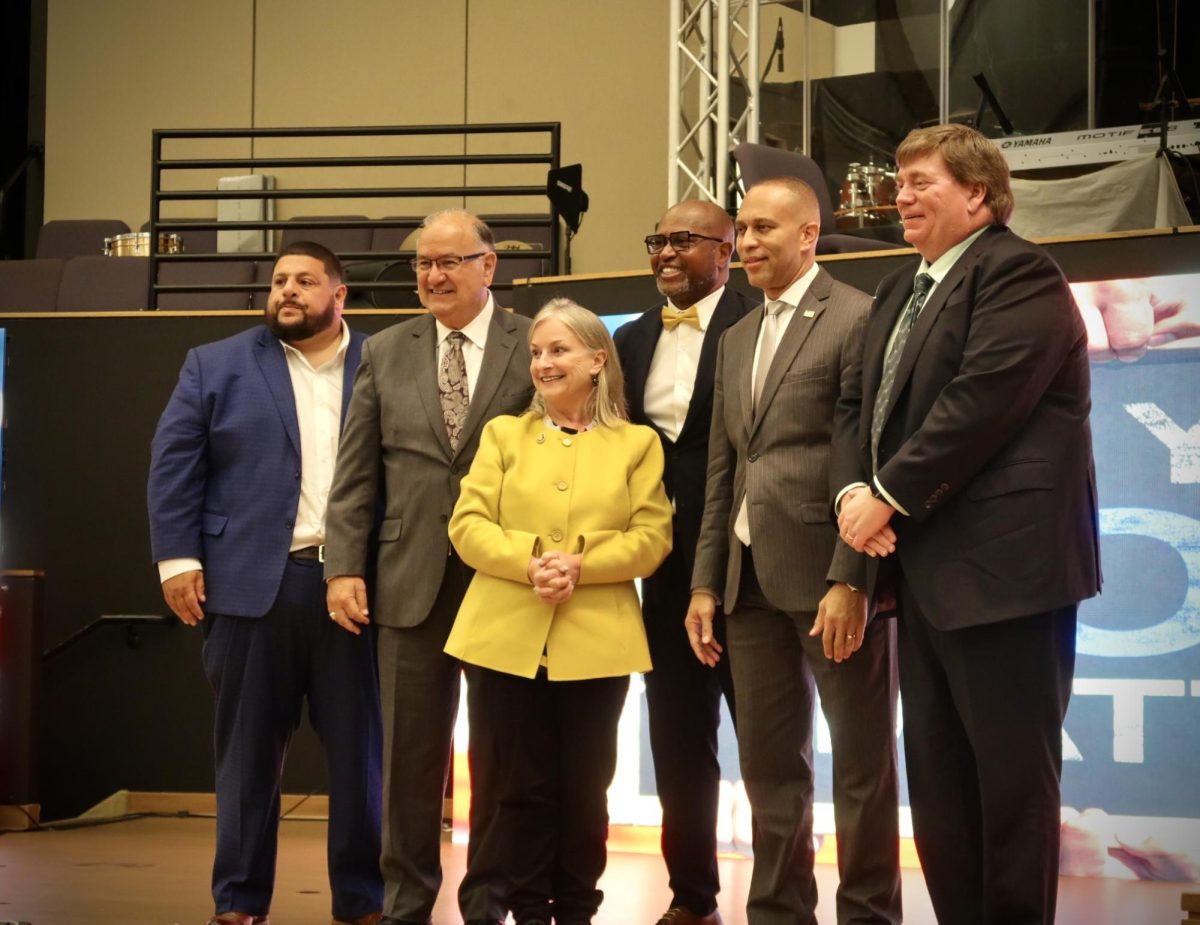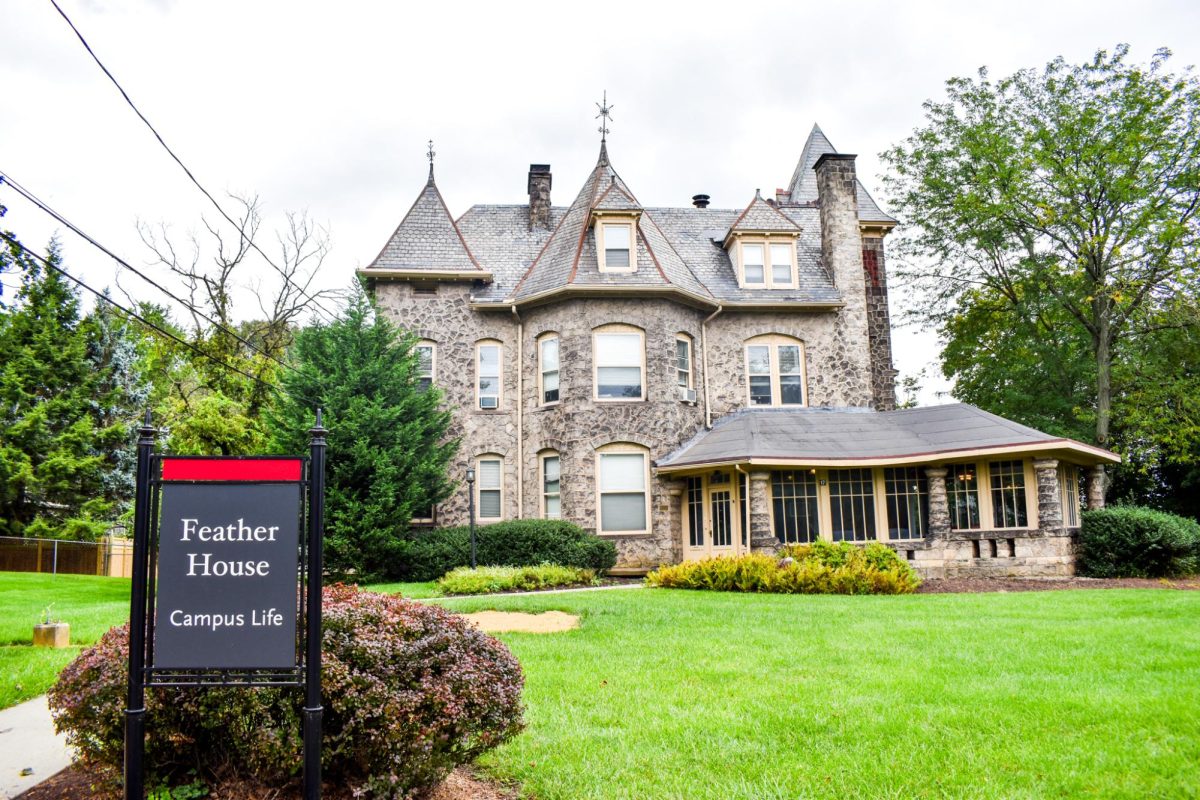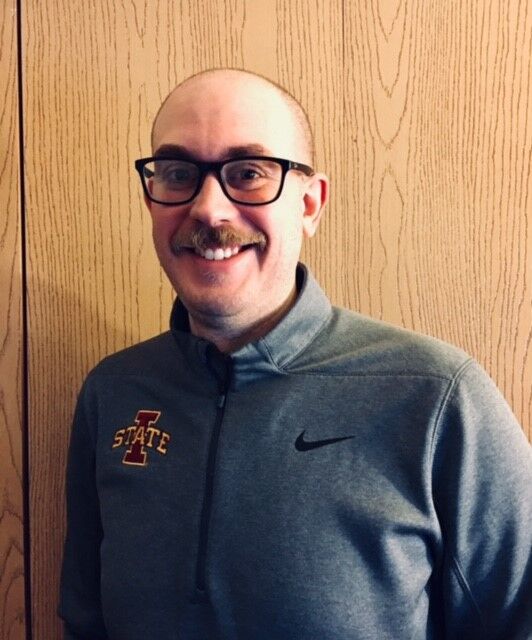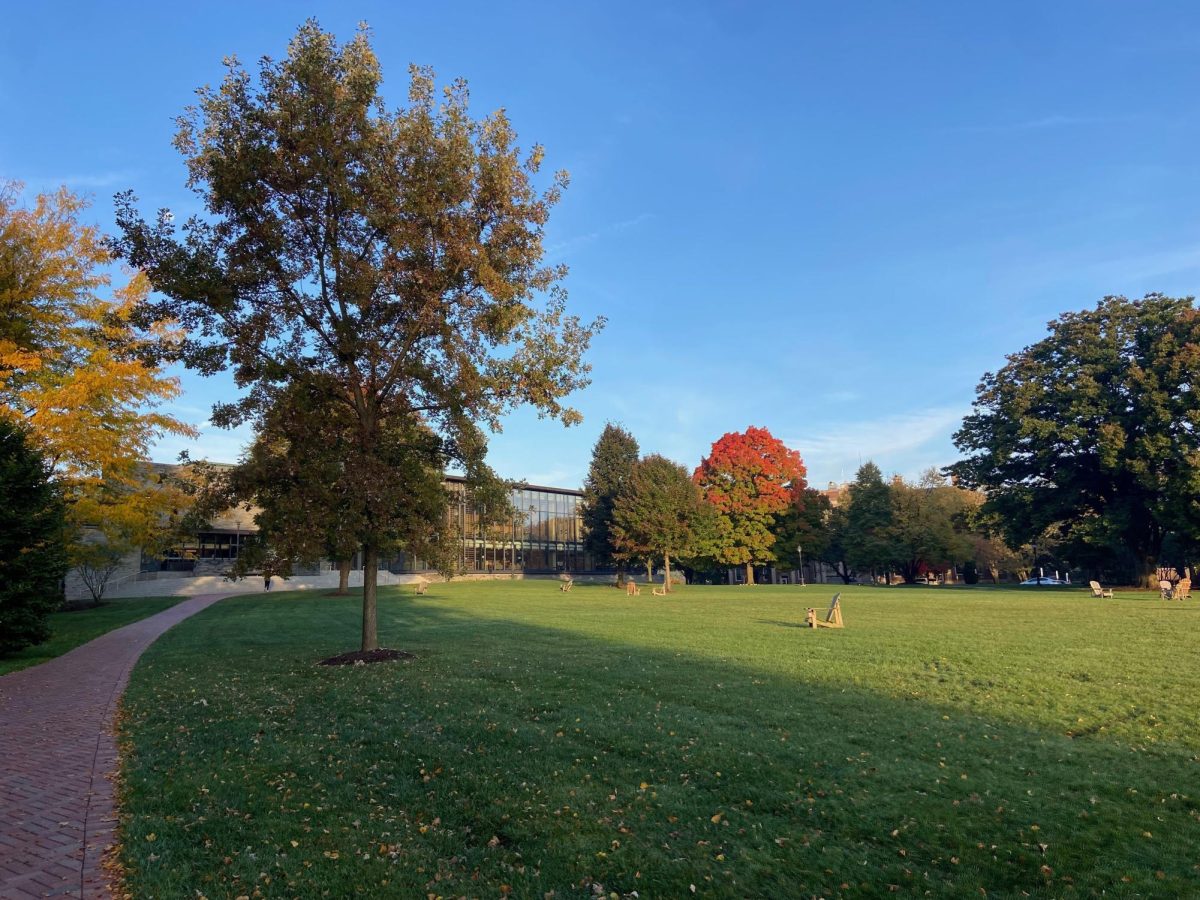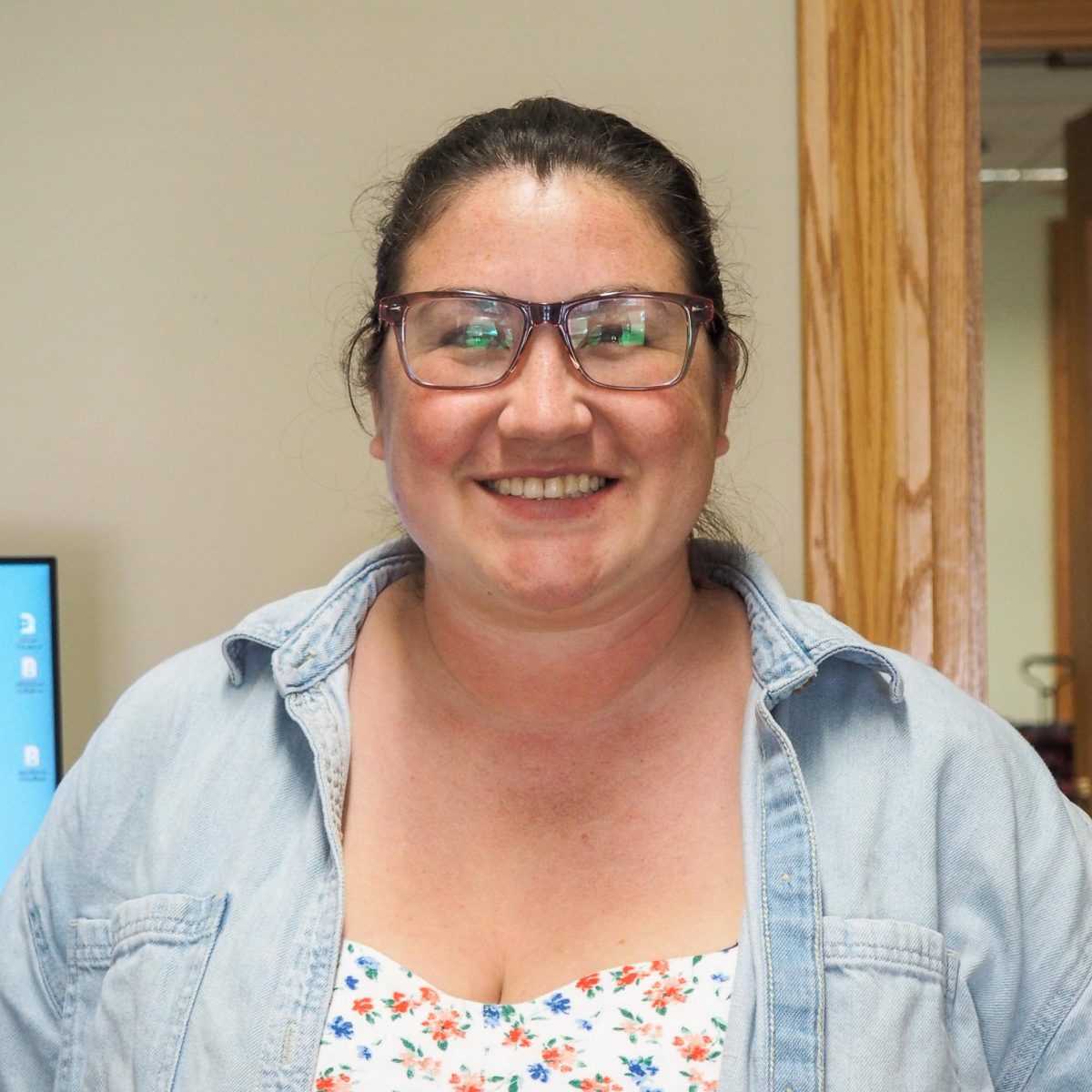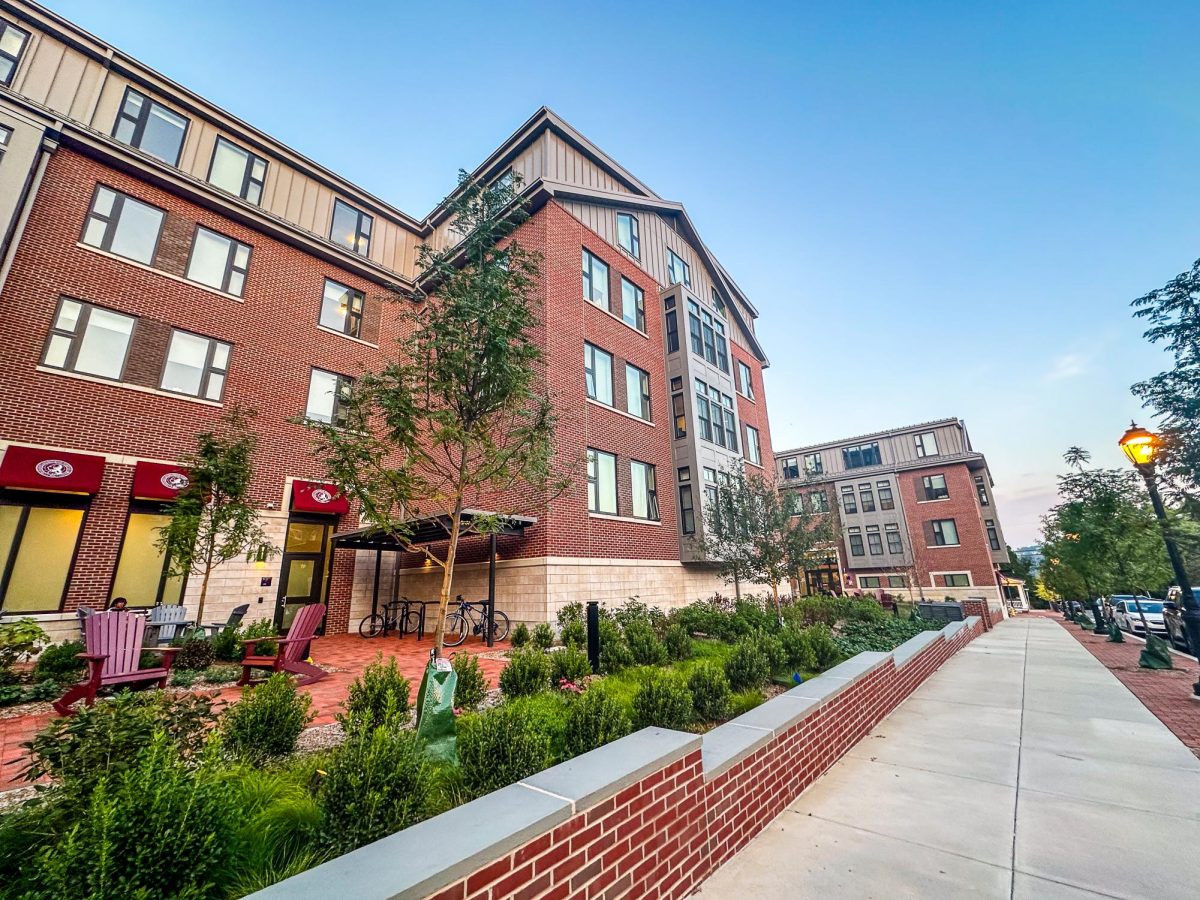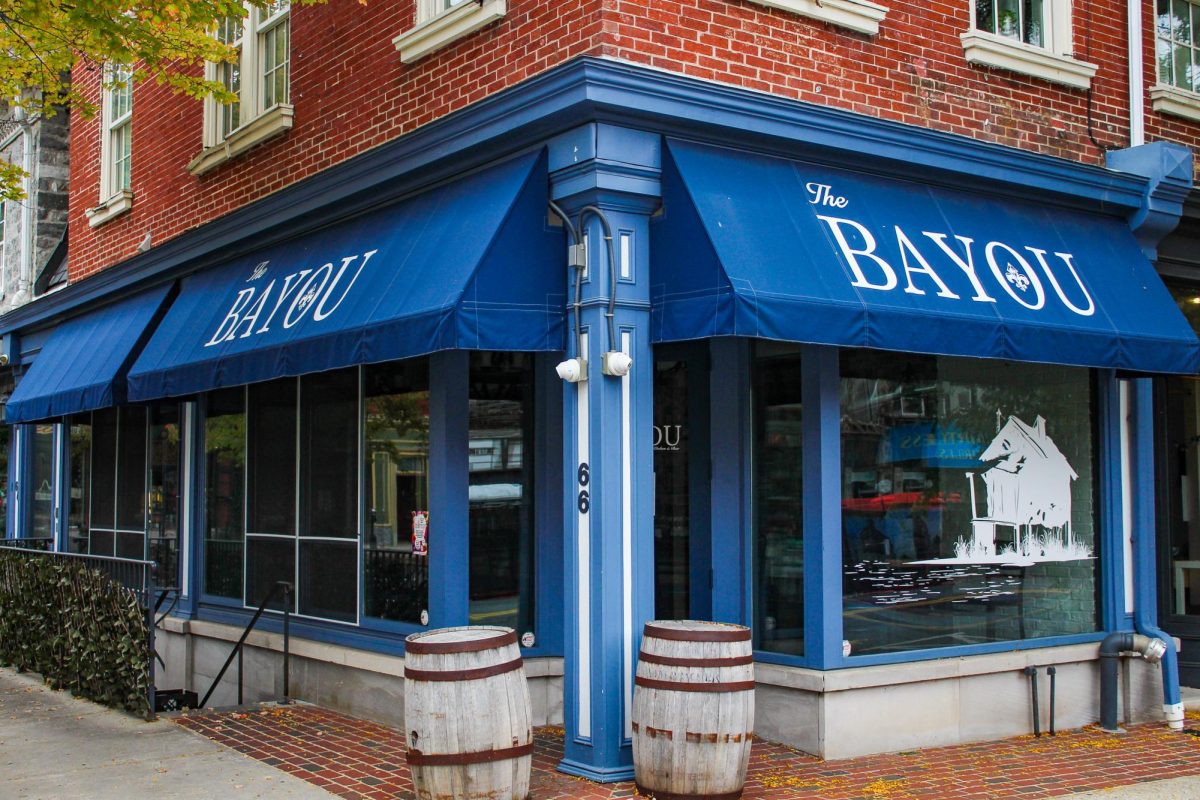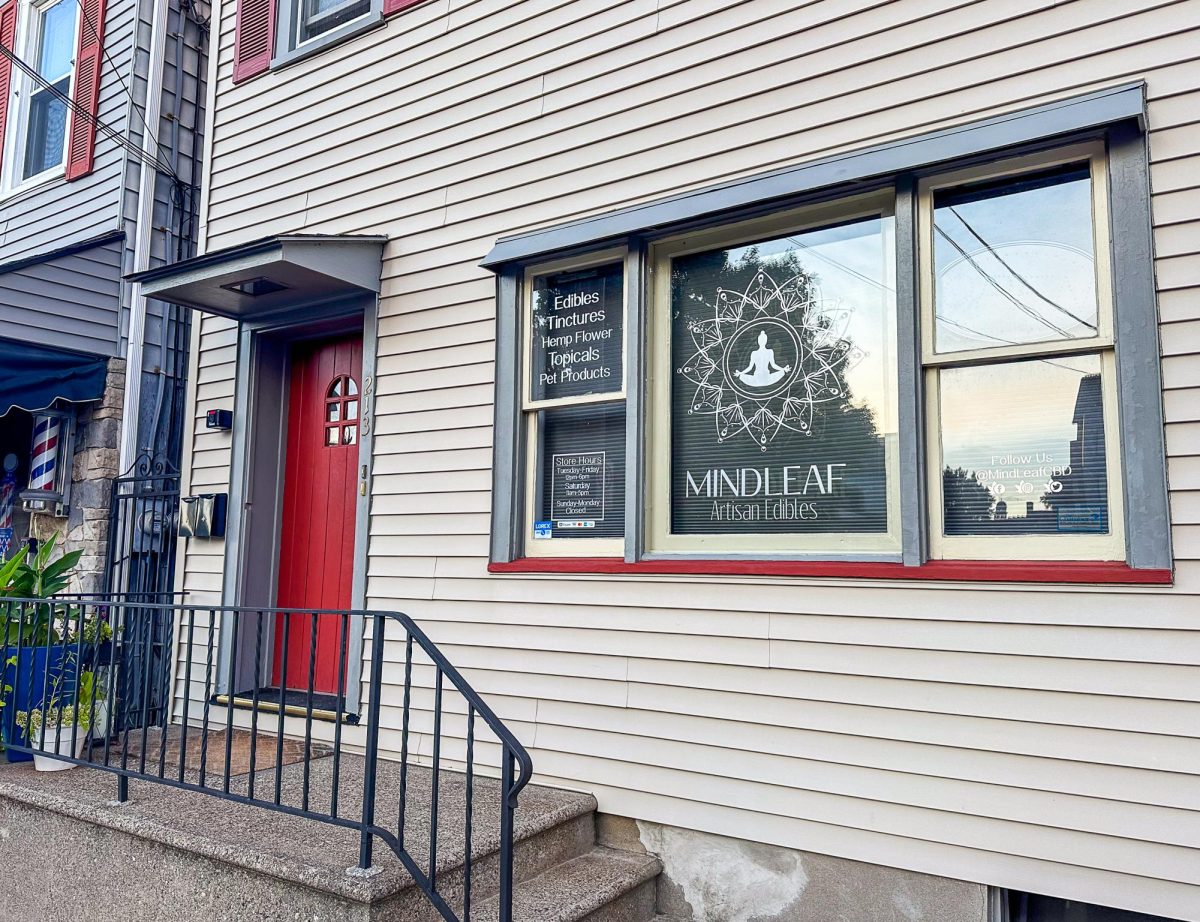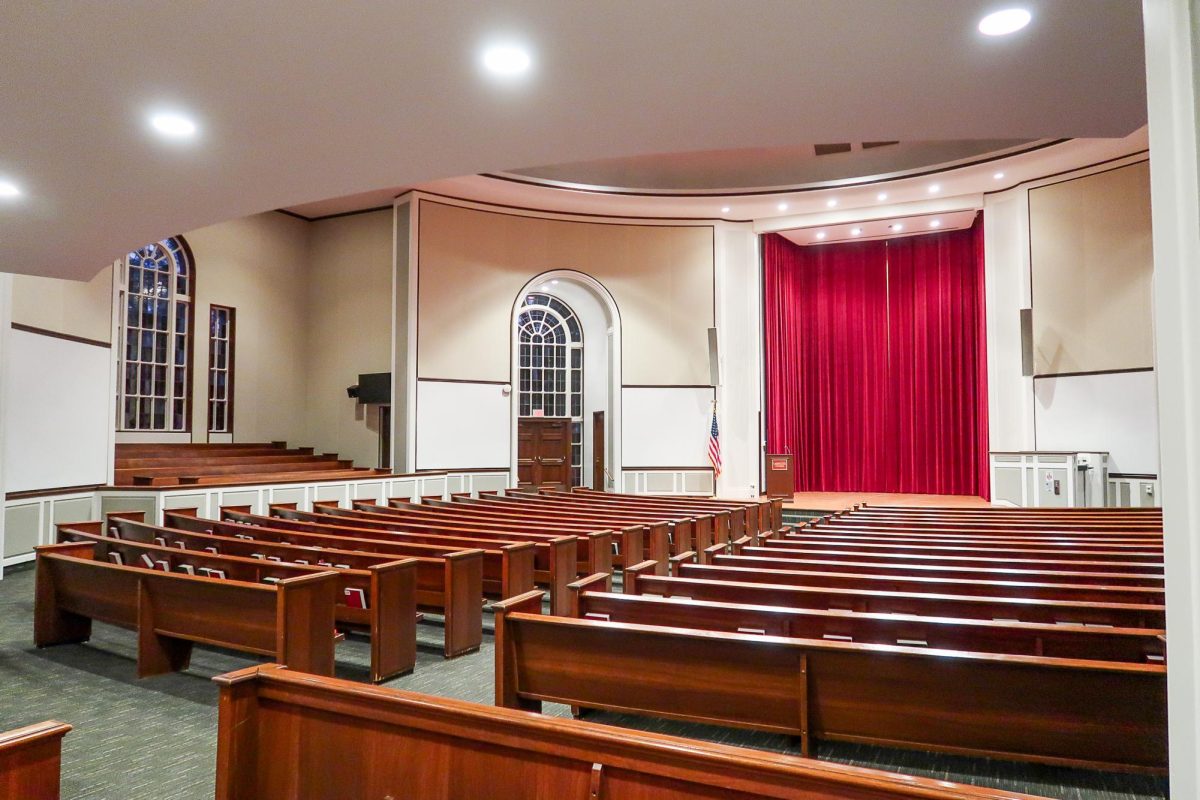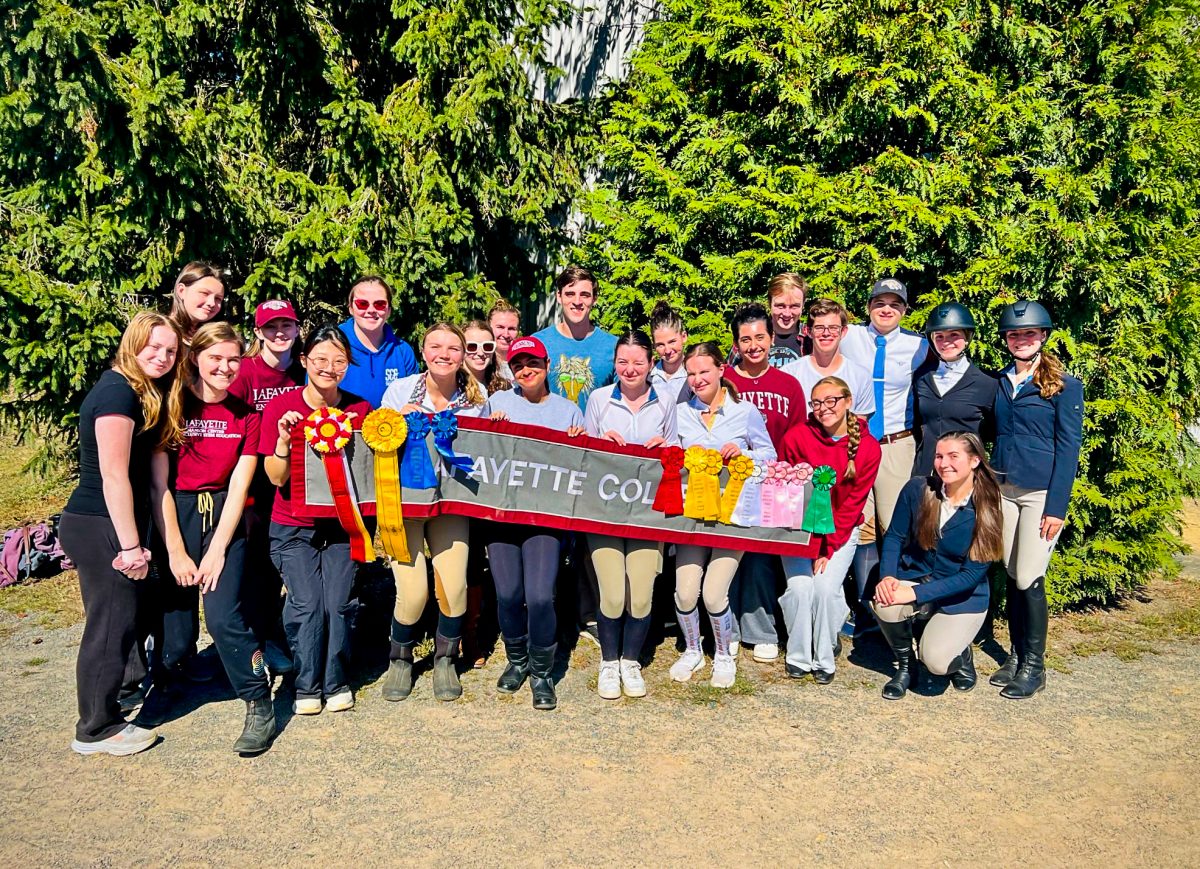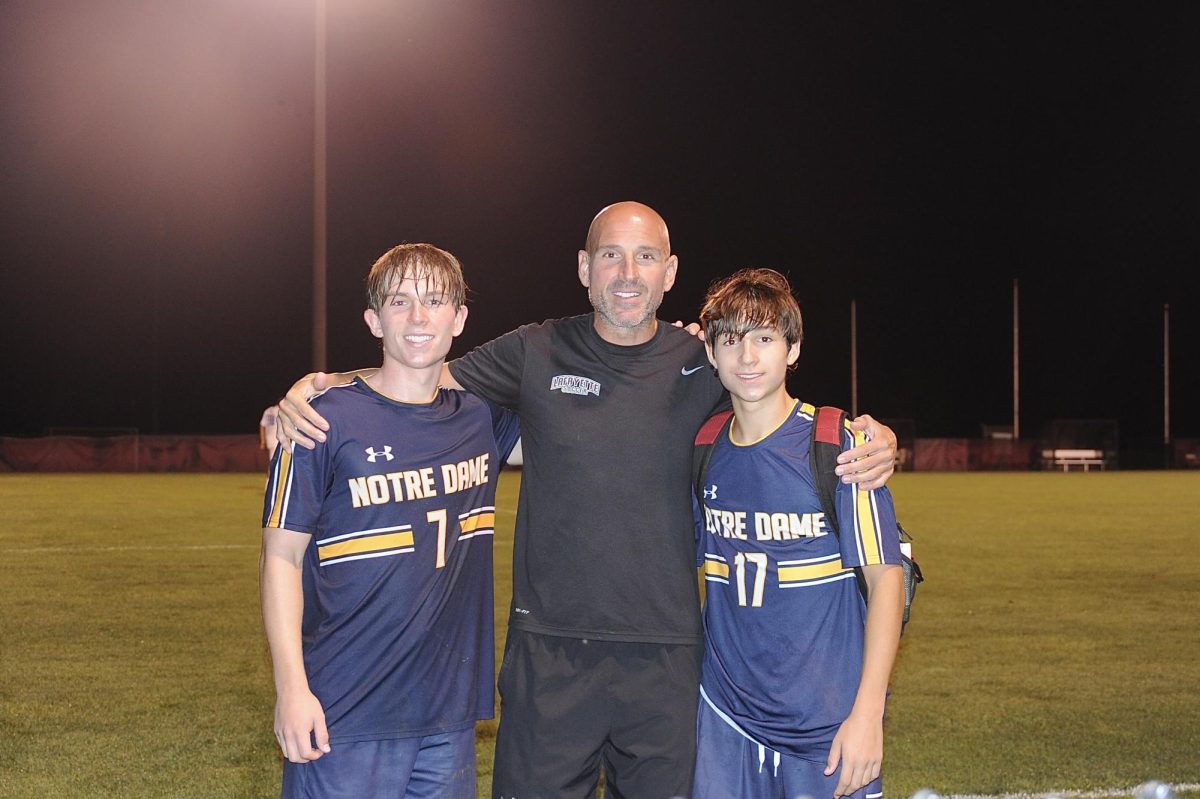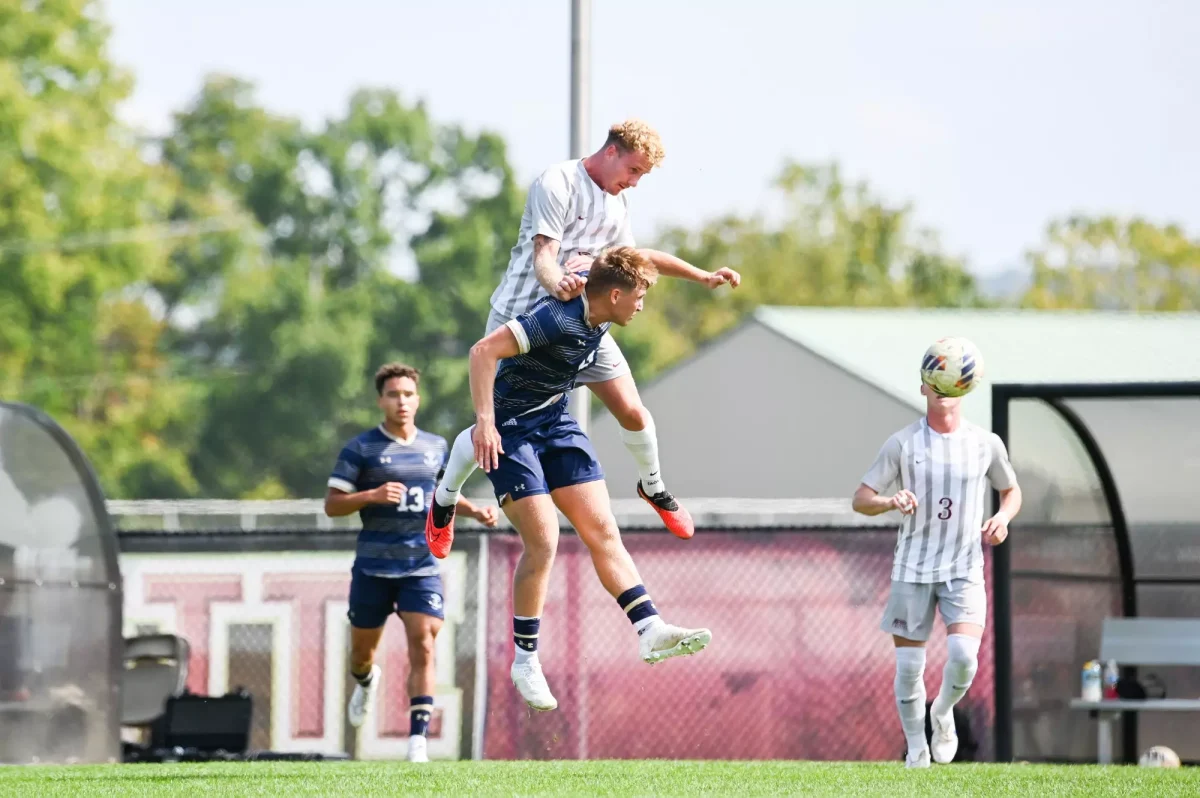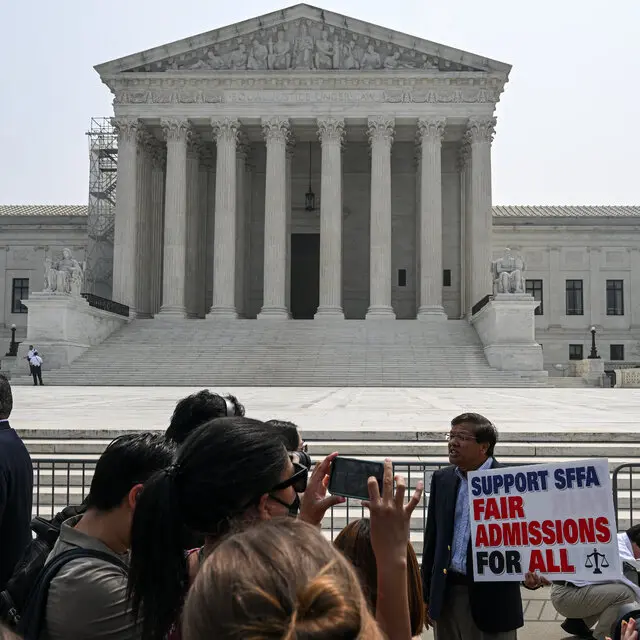Following the overturning of affirmative action by the Supreme Court in June, the ability of American colleges and universities to use race as a factor when reviewing applications has been effectively eliminated. While Lafayette does not anticipate many changes to its admissions process due to the decision – it stopped considering race in anticipation of the ruling – the administration has reaffirmed its commitment to maintaining a diverse campus.
“You can kind of tell the way Supreme Courts are gonna rule in certain things. And so we figured, well, this probably will happen, so let’s make sure our processes are in place early on,” vice president of enrollment management Forrest Stuart said. “We have such strong applicant pools at the lower income level that we built over the years, so there wasn’t really a reason to do that.”
However, some students worry that the decision may negatively impact Lafayette’s student body.
“Affirmative action at Lafayette College has historically played a significant role in fostering diversity, inclusion, and equal opportunities for underrepresented groups, particularly for students of color like myself,” Dashawn Sheffield ‘27 wrote in an email. “Without the protective measures provided by affirmative action, I feel as if the college may experience a decrease in the number of underrepresented students, affecting the diversity and inclusivity of the campus community and instead would result in anti-solidarity among my peers and me.”
Dean of admissions Krista Evans ensured that race has never been a determining factor due to the college’s holistic approach. Instead, individuals are reviewed based on how they present themselves overall, especially the connections that they make to Lafayette admissions staff.
“We can stand firm in our commitment as a college to creating and recruiting the best and most diverse class that we can … we’re not losing sight of that,” Evans said. “There is still a commitment to recruit a diverse class despite the SCOTUS decision. I think something that I loved personally about Lafayette, part of the reason I chose to come here is the commitment that we have to getting to know students on a personal level.”
Stuart further emphasized that the decision only hinders their ability to admit based on race, something that its holistic review process has prevented for a while. However, it does not prohibit it from recruiting or hosting events specifically for students of color.
“That’s one thing people need to realize about the Supreme Court cases is it’s about your decision to admit or deny,” Stuart said. “It’s not about recruiting students. It’s not about marketing. It’s not about events that you put on when it comes down to it. It’s ‘Are you making a decision based on race?’ and Lafayette was never doing that.”
College president Nicole Hurd echoed Stuart, noting that the decision will challenge Lafayette to expand recruitment to places that have less visibility at the college.
“We need to be much more aggressive about showing up in places and spaces that we haven’t shown up,” Hurd said. “We’re also about to name a bunch of nonprofit partners … to make sure that we get pipelines of talent coming from all sorts of places around the country.”
Looking forward, the admissions staff will be adapting and improving their admissions process in order to ensure the maintenance of the diversity that Lafayette values. Stuart noted that they will be looking to increase nonprofit partnerships, similar to the collaboration currently with Posse.
“It’s really about increasing partnerships with nonprofits,” Stuart said. “We just signed an agreement with Chicago Scholars, which is for Chicago-area students who are underrepresented, who go through programs that prepare them for college. And there are a number of those that we’re going to look at doing across the nation … we really want to hone in and just make sure we have that covered the whole gamut of the country.”
Hurd is also piloting a program in collaboration with Common Application where students can answer an optional Student Context Question. This option will potentially provide some comfort to students of color willing to talk about their experiences on their backgrounds, something that would otherwise be prohibited by the Supreme Court decision.
Evans supported this idea, meeting on multiple occasions with the president.
“It’s an optional question that’s really just an opportunity for students to identify things outside of the school setting that have impacted their overall high school experience,” Evans said.
Even with the added hurdles, Hurd remains optimistic.
“I think we’re continuing to look at how a student can bring their whole self to campus, and the beauty of our admissions office is that the team is reading our students with a lot of thoughtfulness and really trying to see the whole person,” Hurd said.
Further announcements regarding the college’s plans to increase and maintain racial and socioeconomic diversity on campus will be circulated in the coming weeks.

